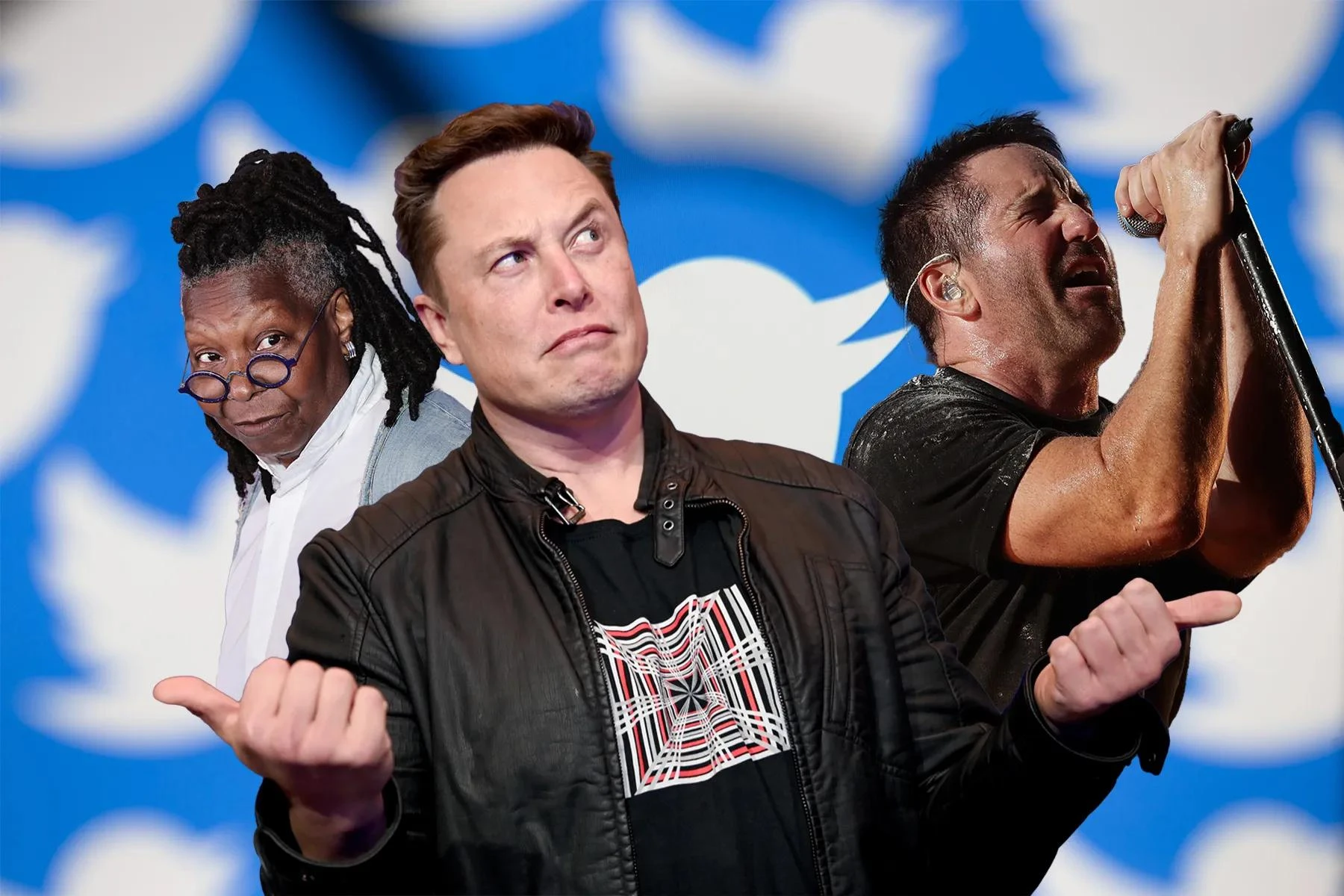
In a world where digital presence is more powerful than ever, a new breed of celebrities is emerging – and they’re not human. AI influencers, also known as virtual celebrities, are taking social media by storm. These computer-generated personalities are redefining what it means to be an influencer, blending artificial intelligence, advanced graphics, and creative storytelling to build massive followings online. But are these virtual celebrities the future of social media marketing? Let’s explore the rise of AI influencers and what this trend means for the future.
1. What Are AI Influencers?
AI influencers are virtual characters created using computer graphics and artificial intelligence. Unlike traditional influencers, they are not real people but are designed by teams of developers, artists, and marketers. These virtual personas can have distinct personalities, appearances, and lifestyles, just like human influencers. They are programmed to interact with their followers, share content, and even collaborate with brands.
One of the most famous AI influencers is Lil Miquela, a virtual model and singer created by the tech startup Brud. With millions of followers on Instagram, Lil Miquela has partnered with brands like Calvin Klein, Prada, and Samsung, blurring the lines between reality and fiction. Other AI influencers, such as Shudu, the world’s first digital supermodel, and Imma, a Japanese virtual model, are also gaining popularity, proving that the trend is more than just a passing fad.
2. Why Are AI Influencers Gaining Popularity?
AI influencers are becoming popular for several reasons:
- Authentic yet Controllable Content: Unlike human influencers, AI influencers can be programmed to say and do exactly what their creators intend, allowing brands to maintain complete control over messaging and image. This level of control reduces the risk of scandals or unpredictable behavior, which can be a significant concern with human influencers.
- Consistency and Availability: AI influencers are always available, they don’t have personal issues, and they don’t age. They can produce content 24/7, and their appearance can be tweaked or updated instantly to align with new trends. This consistency is a huge advantage for brands looking for reliable and ongoing partnerships.
- Engagement and Curiosity: The novelty factor plays a huge role in the popularity of AI influencers. People are intrigued by their existence and curious about their “lives.” The mystery surrounding virtual personas can generate significant engagement, with followers interacting, commenting, and sharing their content more frequently.
- Cost-Effectiveness: While creating an AI influencer can be expensive initially, the cost of managing them over time is much lower than paying human influencers for ongoing campaigns. Virtual influencers don’t require travel, accommodations, or physical products, reducing the cost of collaborations significantly.
3. Are AI Influencers the Future of Marketing?
The rise of AI influencers is undeniably shaking up the marketing world, and many believe they could represent the future of digital advertising. Here’s why:
- Personalization at Scale: AI influencers can be programmed to target specific demographics with highly personalized content. For example, a brand could create multiple AI influencers, each tailored to appeal to different segments of their audience. This level of customization can drive more effective campaigns and improve engagement rates.
- Global Reach Without Boundaries: AI influencers can easily navigate different languages, cultures, and time zones, allowing brands to create a global presence without the limitations that human influencers might face. This versatility enables campaigns to reach diverse audiences simultaneously, maximizing exposure and impact.
- Data-Driven Campaigns: With AI, brands can gain deeper insights into audience behavior, preferences, and trends. AI influencers can gather and analyze data from their interactions, allowing brands to fine-tune their marketing strategies in real-time. This data-driven approach makes marketing efforts more efficient and results-oriented.
4. Challenges and Controversies of AI Influencers
Despite their growing popularity, AI influencers are not without their challenges and controversies:
- Ethical Concerns: The rise of virtual celebrities raises several ethical questions. For instance, should AI influencers be clearly labeled as artificial to avoid misleading audiences? Should brands disclose the nature of their collaboration with virtual influencers? Some critics argue that the lines between real and virtual are becoming too blurred, leading to potential deception.
- Authenticity Issues: While AI influencers offer control and consistency, they may lack the genuine human connection that many audiences crave. Social media thrives on authenticity, and some users may find it hard to connect emotionally with a virtual persona that doesn’t experience real human emotions.
- Potential Backlash: As AI influencers become more common, there is a risk of backlash from audiences who prefer real, relatable humans over digital avatars. Some may view the rise of AI influencers as a symptom of increasing automation and a move away from genuine human interaction.
5. The Future: Coexistence or Domination?
So, are AI influencers the future? The answer may lie in a balance between human and virtual influencers. While AI influencers bring a host of benefits, including consistency, scalability, and control, human influencers offer authenticity, emotional connection, and real-life experiences that virtual personas cannot replicate. In the coming years, we may see a combination of both, with brands leveraging the unique advantages of each type to create diverse and engaging campaigns.
AI influencers are here to stay, but they will likely coexist with their human counterparts rather than completely replacing them. As technology continues to advance, the line between the digital and real world will keep blurring, opening up new possibilities for creativity, marketing, and storytelling.
Conclusion
The rise of AI influencers marks a fascinating evolution in the world of social media marketing. While they offer exciting opportunities for brands to reach and engage audiences in innovative ways, they also raise important questions about authenticity, ethics, and the future of human connection online. Whether you embrace or reject them, one thing is certain: virtual celebrities are not just a trend – they are shaping the future of digital culture. Are you ready to meet the influencers of tomorrow?







